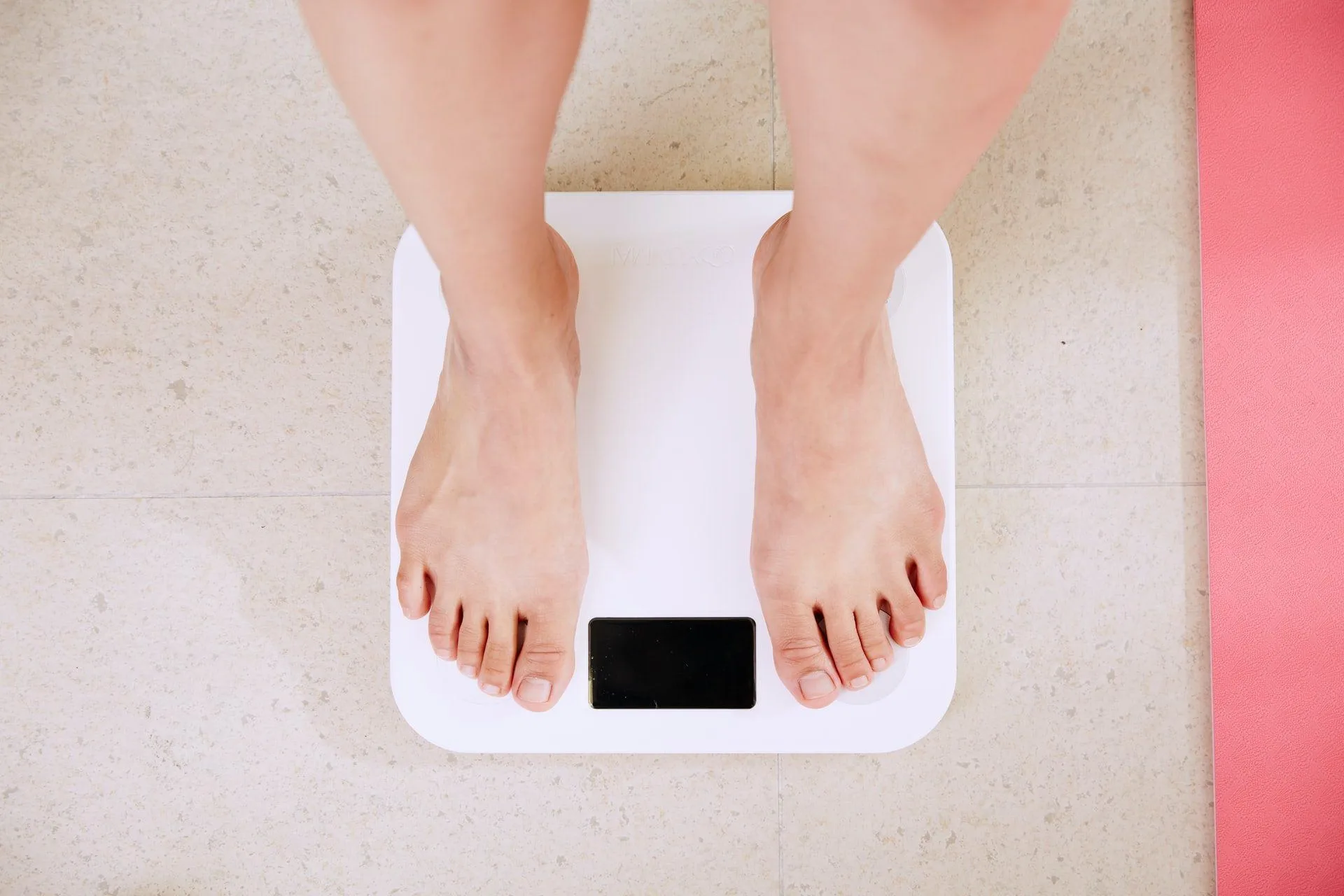Managing your weight can a be a taxing task. This is especially because there is no quick fix and it requires a combination of different lifestyle habits. Now, while a healthy diet and active lifestyle are usually at the top of the list when it comes to weight loss habits, a new study has suggested that getting your 8 hours may be exactly what you need to shed that weight.
Could Sleeping More Help With Weight Loss?
In a study published in JAMA Internal Medicine, Dr. Esra Tasali and her team recruited 80 adults aged 21 to 40, who were classified as overweight and who slept no less than 6.5 hours a night. After monitoring their sleep patterns for two weeks via wrist sensors, the participants were then divided into two groups.
The first group continued with their regular sleep routine, whereas the second group was given a sleep monitor to wear and they also had regular counseling sessions, which helped to increase their sleep by two hours, resulting in eight-and-a-half hours of sleep per night.
Over the four weeks that the study was conducted, participants were asked not to restrict calories and their calorie intake was monitored with special urine tests.
Did sleeping more help them lose weight?
The researchers found that those who slept 8.5 hours a night reduced their overall calorie intake by an average of 270 calories per day, which translates to around 26 pounds of weight loss over three years.
“If healthy sleep habits are maintained over longer duration, this would lead to clinically important weight loss over time. Many people are working hard to find ways to decrease their caloric intake to lose weight — well, just by sleeping more, you may be able to reduce it substantially,” – Dr. Tasali.
Despite the findings, the study does have its limitations. For one, the study excluded people with sleep apnea and the duration of the study was only two weeks.
“We don’t know to what extent the habits would have continued beyond two weeks,” says Dr. Tasali,
“Longer-term studies are needed, and with more diverse populations, but it’s our general hypothesis that this intervention would apply to populations with various baseline weights and sleep duration,”
Nonetheless, this is not the first study to find a link between sleep and weight.
So does sleep affect weight?
According to a 2020 study also published in JAMA Internal Medicine, not getting enough sleep can make it hard for you to control your appetite, which can then increase the risk for weight loss. Another study, found in the International Journal of Obesity, concluded that improved sleep can help one better manage their weight.
It appears that sleep deprivation can increase the levels of the ‘hunger hormone’ ghrelin. Sleep deprivation can also decrease the levels of leptin, which is a hunger-suppressing hormone. What’s more, if you’re low on sleep, then you’re more likely to crave sugar and salty foods, both of which can lead to weight gain.
Sleeping better for healthier weight
Even if you’re not concerned about your weight, you still need to make sure that you’re getting enough sleep. Especially because poor sleep can increase your risk for depression, type 2 diabetes and other chronic conditions.

Photo by Dominic Sansotta on Unsplash
Want to know more?
Dr. Tasali hopes that the study can be a game-changer for our battle with the obesity epidemic in our society. Speaking of which, when it comes to tackling the obesity epidemic in the world, it’s important to ensure that we properly address the misconceptions around obesity and weight loss.
References
Jaiswal SJ, Quer G, Galarnyk M, Steinhubl SR, et al. (2020). Association of Sleep Duration and Variability With Body Mass Index: Sleep Measurements in a Large US Population of Wearable Sensor Users. JAMA Intern Med.180(12):1694–1696. doi:10.1001/jamainternmed.2020.2834
Kline, C.E., Chasens, E.R., Bizhanova, Z. et al. (2021). The association between sleep health and weight change during a 12-month behavioral weight loss intervention. Int J Obes 45, 639–649 (2021). https://doi.org/10.1038/s41366-020-00728-8
Tasali E, Wroblewski K, Kahn E, Kilkus J, Schoeller DA. (2022). Effect of Sleep Extension on Objectively Assessed Energy Intake Among Adults With Overweight in Real-life Settings: A Randomized Clinical Trial. JAMA Intern Med. doi:10.1001/jamainternmed.2021.8098




![women [longevity live]](https://longevitylive.com/wp-content/uploads/2020/01/photo-of-women-walking-down-the-street-1116984-100x100.jpg)










